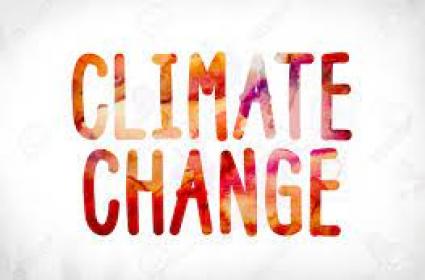Water Disputes a Key Geopolitical Flashpoint in India, Rest of South Asia

For US spy agencies, India is one of 11 'countries of concern' on climate change.
In India and the rest of South Asia, water conflicts constitute a major 'geopolitical flashpoint.'
Climate Change: On Thursday, US intelligence agencies identified Afghanistan, India, and Pakistan as among 11 nations that are "highly vulnerable" in terms of their capacity to plan for and respond to environmental and societal disasters induced by climate change.
According to a senior intelligence officer engaged in the report's development, the Office of Director of National Intelligence (ODNI) forecasts that global warming will raise geopolitical tensions and dangers to US national security over the next four decades in a new National Intelligence Estimate.
These are general assessments from the US intelligence community. Afghanistan, India, Pakistan, Myanmar, Iraq, North Korea, Guatemala, Haiti, Honduras, Nicaragua, and Colombia are listed as "countries of concern" in the report released on Thursday.
Afghanistan is particularly concerning because of the heat, drought, lack of water, and inefficient governance, according to the source. In India and the rest of South Asia, water conflicts are also a major "geopolitical flashpoint"
Two further areas of worry for US intelligence services are identified in the study. Climate change is "likely to increase the risk of instability in countries in Central Africa and small island states in the Pacific, which clustered together form two of the most vulnerable areas in the world."
Countries that rely on fossil fuel exports to maintain their economy "will continue to resist a quick transition to a zero-carbon world because they fear the economic, political, and geopolitical costs of doing so." according to the research.
The potential of increased strategic rivalry over the Arctic is also mentioned in the study. It claims that "as the region becomes more accessible due to warming temperatures and reduced ice," both Arctic and non-Arctic governments "almost certainly will increase their competitive activities."
International rivalry in the Arctic, according to the report, "will be largely economic but the risk of miscalculation will increase modestly by 2040 as commercial and military activity grows and opportunities are more contested."






















